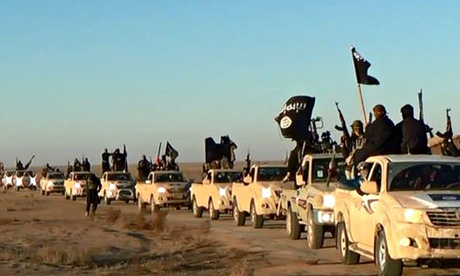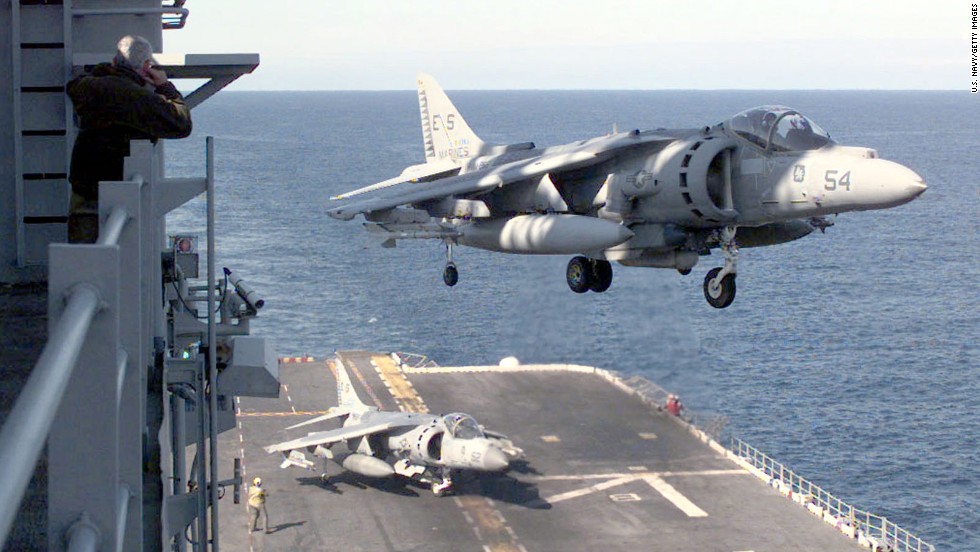Days before the takeover of the Iraqi city of Mosul by the militant group calling itself the Islamic State, U.S. intelligence analysts were sharply divided over whether the group would seize the city, according to people familiar with the debate.
U.S. officials saw initial indications the group might seek to take Mosul and urged Iraqi action, to no avail. But on the day of the June 10 takeover, U.S. officials played down its significance. "Obviously, this has got our attention in Mosul, but it doesn't change the calculus," said Rear. Adm. John Kirby, the chief Pentagon spokesman.
 |
| CLICK MAP to ENLARGE |
Although U.S. spy agencies have monitored and warned about the Islamic State over the past year, they often have underestimated the group's ability to make rapid operational gains, U.S. officials said. That was the case a week ago when militants launched a dramatic and successful offensive in Iraq's Kurdish region.
The offensive prompted President Barack Obama to authorize an airstrike campaign. The president acknowledged Saturday that U.S. spies and policy makers had underestimated the group, also known as ISIS and ISIL. "There is no doubt that their advance, their movement over the last several months has been more rapid than the intelligence estimates, and I think the expectations of policy makers both in and outside of Iraq," he said.
The inability of U.S. spy agencies to provide details about the timing of Islamic State offensives or their likelihood of success has touched off debate among U.S. national-security officials about whether intelligence on the group has been adequate.
The struggle to understand the capabilities of the group reflects the difficulty of collecting detailed intelligence on its internal planning. "Collection is tough," one senior U.S. official acknowledged.
That is the challenge facing intelligence officials and the U.S. military as American warplanes launch waves of airstrikes. The success of the strikes may depend in part on how well the U.S. is able to read the group.
A decline in U.S. spy resources after the U.S. military pulled out of Iraq in 2011 has limited American intelligence capability in the region. In some cases, intelligence officials have been frustrated by the Obama administration's reluctance to get more involved in Iraq and Syria, current and former U.S. officials said.Read the rest of the story HERE and view a related video below:
If you like what you see, please "Like" us on Facebook either here or here. Please follow us on Twitter here.




No comments:
Post a Comment